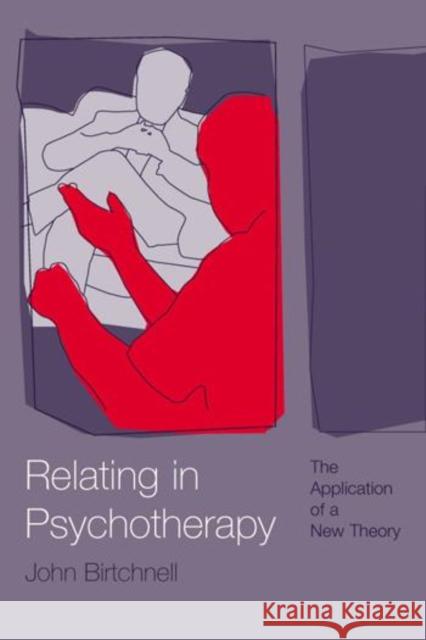Relating in Psychotherapy: The Application of a New Theory » książka
Relating in Psychotherapy: The Application of a New Theory
ISBN-13: 9781583912751 / Angielski / Miękka / 2002 / 288 str.
Explains how the relevance of Birtchnell's theory as a basis for the science of relating relates to the practice of psychotherapy.
In John Birtchnell's last book How Humans Relate, he proposed a new theory as the basis for a science of relating. Relating in Psychotherapy explains how the relevance of this theory relates to the practice of psychotherapy. The theory cuts across all schools of therapy, and is a way of describing each school in terms of relating in both the client and the therapist.
The theory is constructed around two major axes; a horizontal one concerning the degree to which we need to become involved with or separated from others, and a vertical one concerning the degree to which we choose to exercise power over others or permit others to exercise their power over us. With numerous clinical examples, John Birtchnell explains how we need to be competet in all four relating positions (close, distant, upper and lower), and argues that people who seek therapy usually lack competence in one or more of them, but through the course of therapy, their relating capabilities can be improved.
Relating in Psychotherapy can have applications in psychotherapy and in couple and family therapy, and will be an invaluable resource for therapists, counsellors and other mental health professionals.











